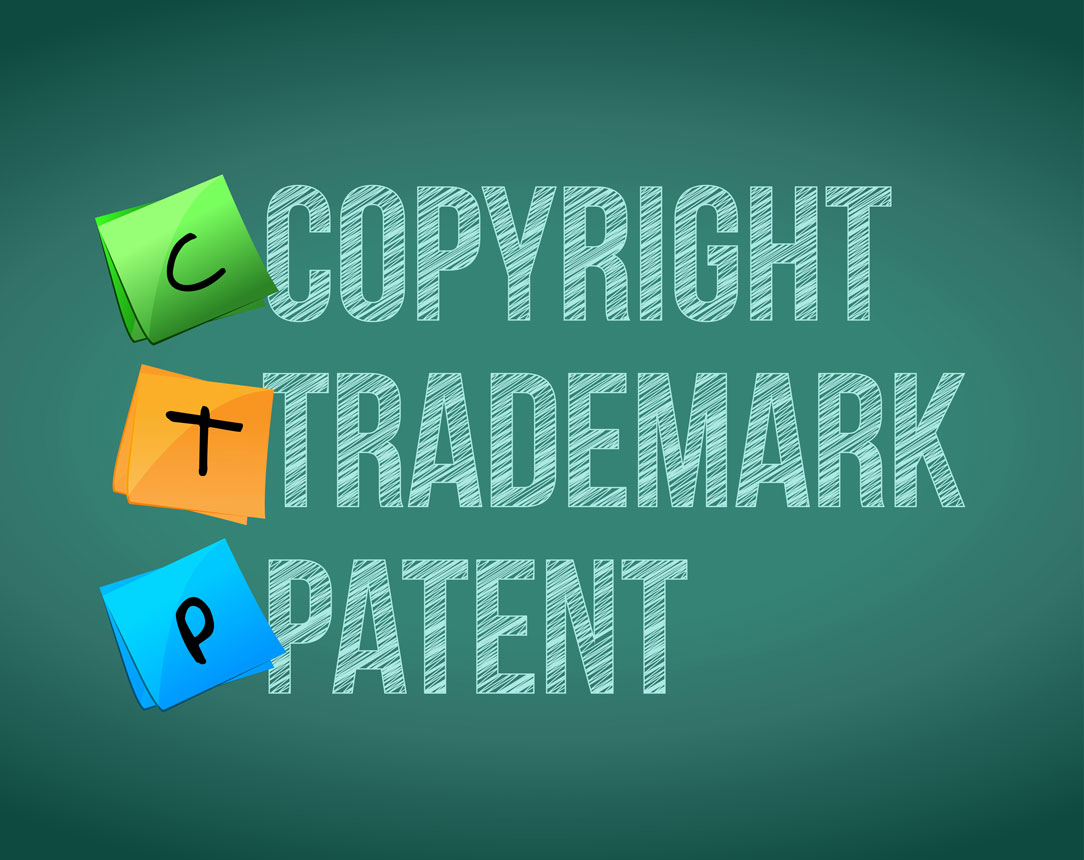These three legal terms are often confused with one another or used interchangeably. They shouldn’t be; they are all three very different. While a Copyright, Trademark, and a Patent are all types of intellectual property, they have very distinct meanings.
A Copyright is registered through the U.S. Copyright Office. A Copyright protects original literary, artistic, dramatic, and musical works. For example, if you were to make a t.v. commercial for a product that you created, you would “Copyright” the commercial that you made to market your product.
A Trademark is registered through the U.S. Patent and Trademark Office. A Trademark protects a “brand-name.” For example, the name you chose to call your new product. If you were to market your product you would want to “Trademark” the brand-name so that you, and you alone, would retain exclusive rights to it. A Trademark essentially protects brand names and logos for a particular product or service, like “Sony,” “IBM” or “Coke.”
A Patent is also registered through the U.S. Patent and Trademark Office. A Patent is used for inventions and protects only inventions. Therefore, if your “product” is actually an invention that you have created, you may want to obtain a “Patent” in order to retain your legal rights concerning it, and to prevent its subsequent creation by others.



Leave A Comment